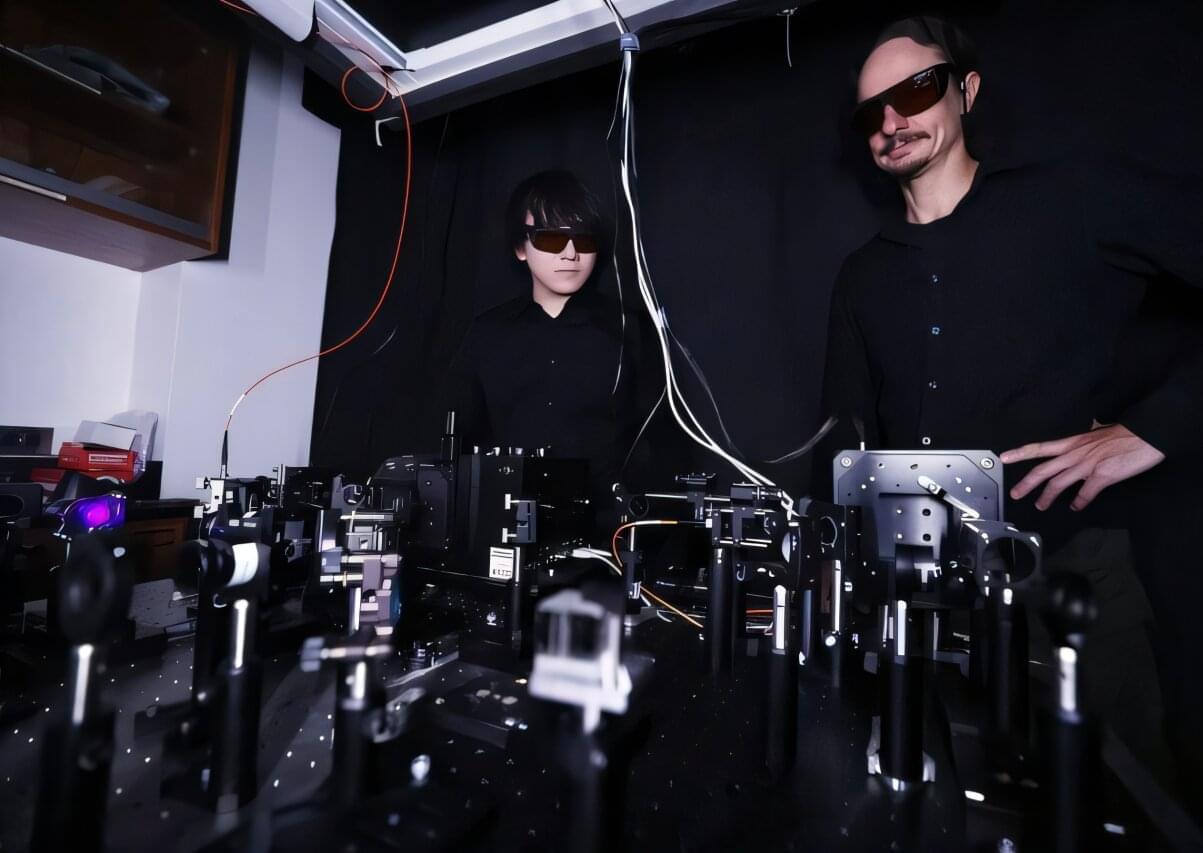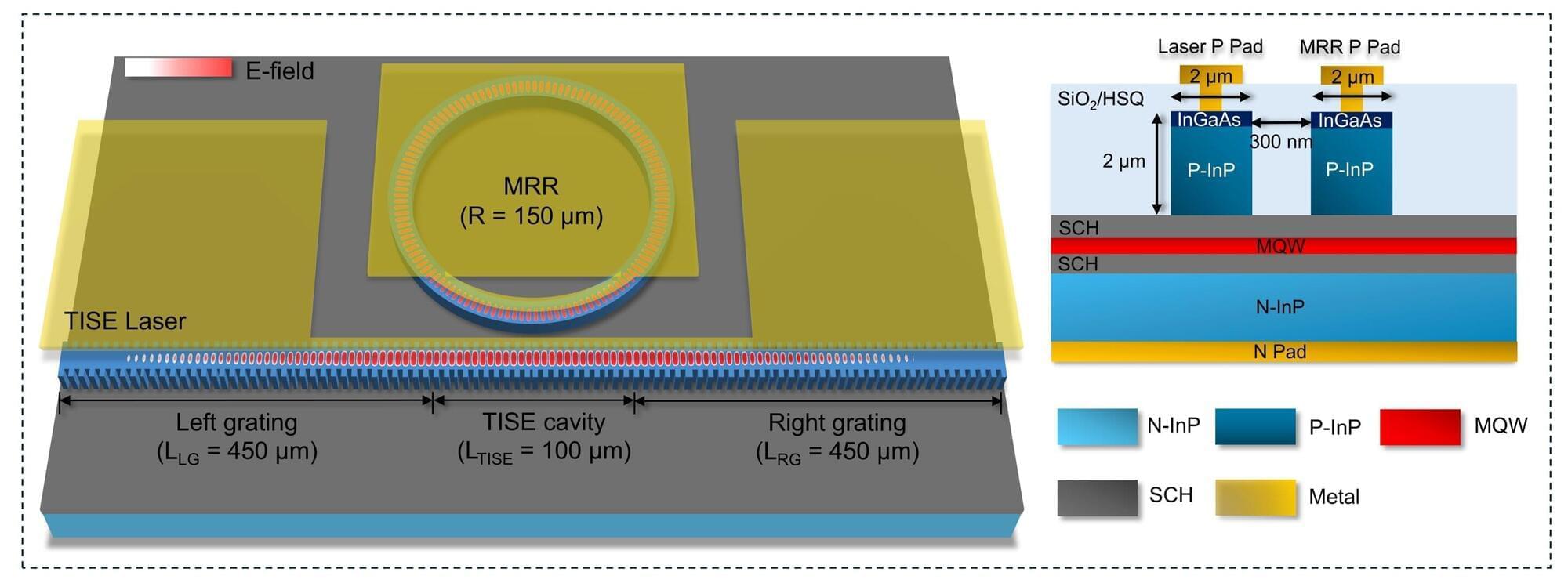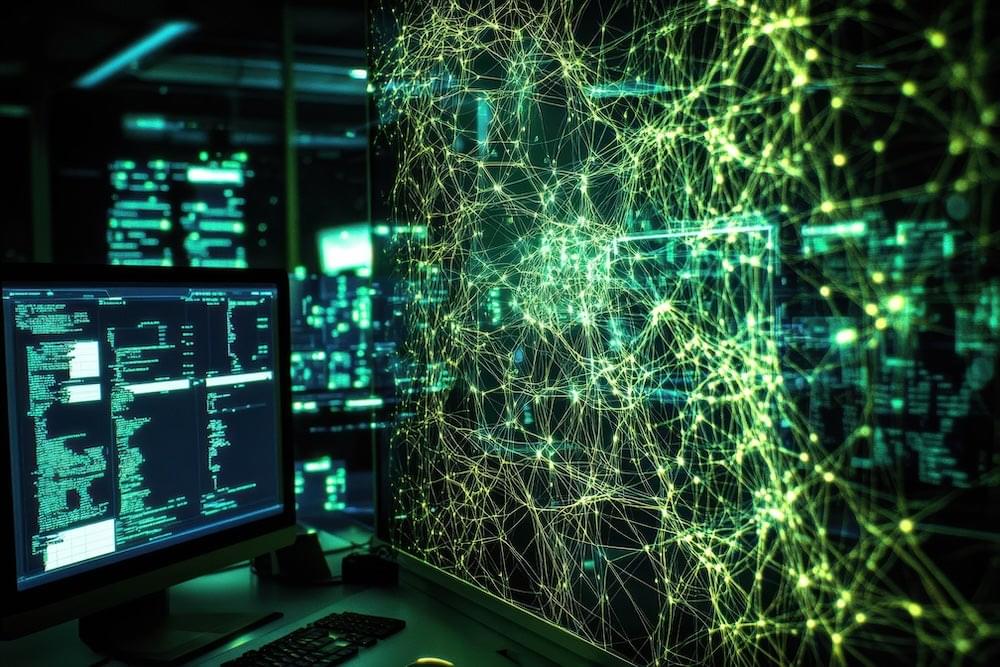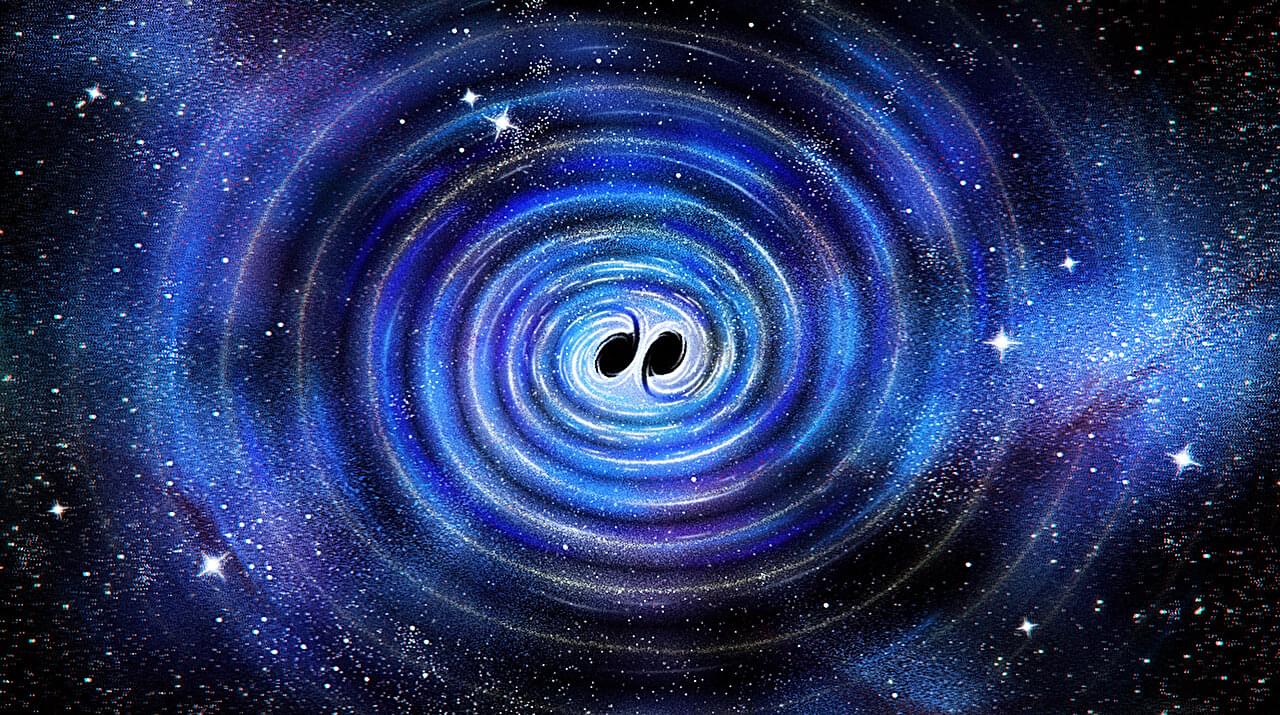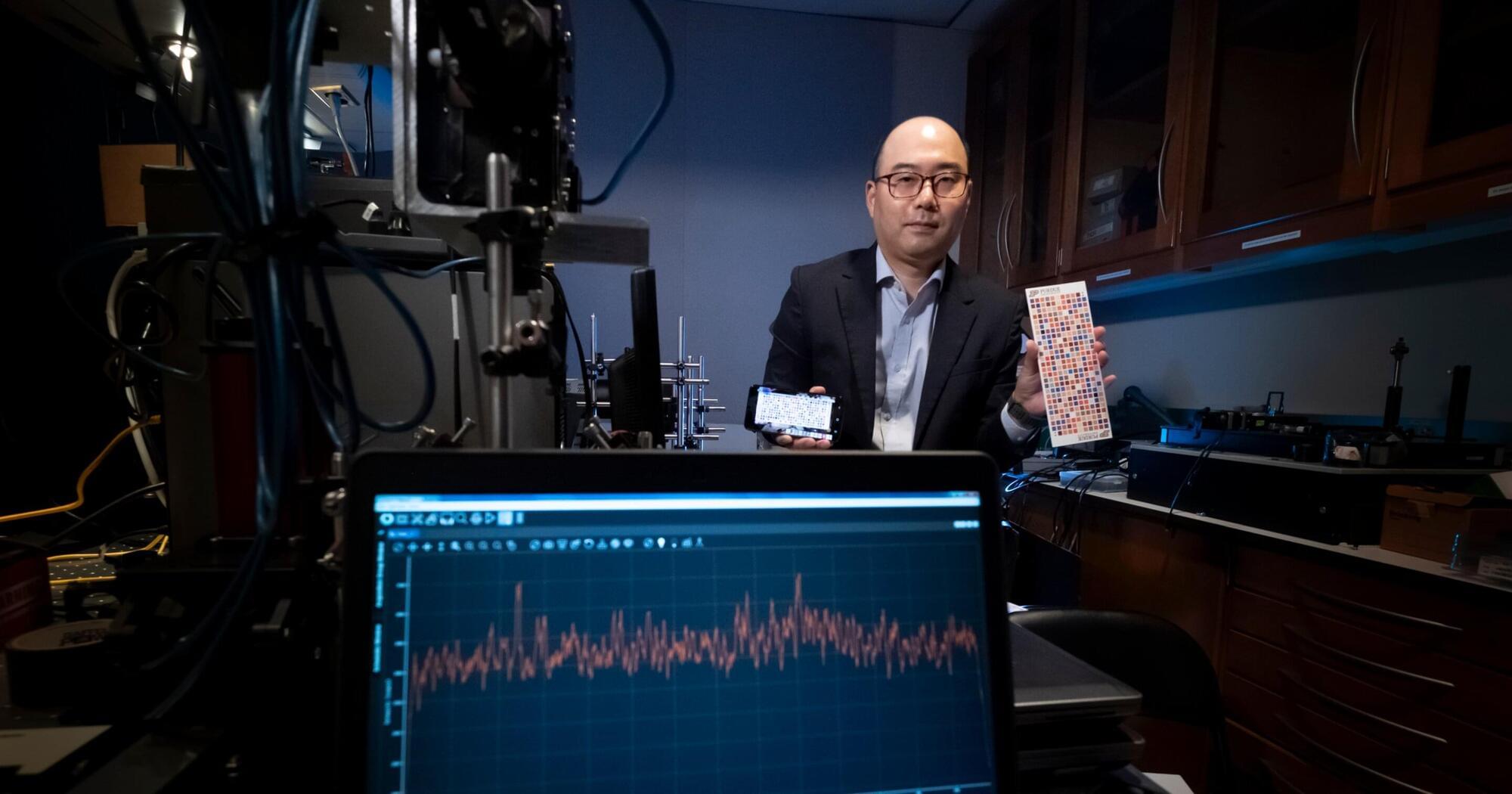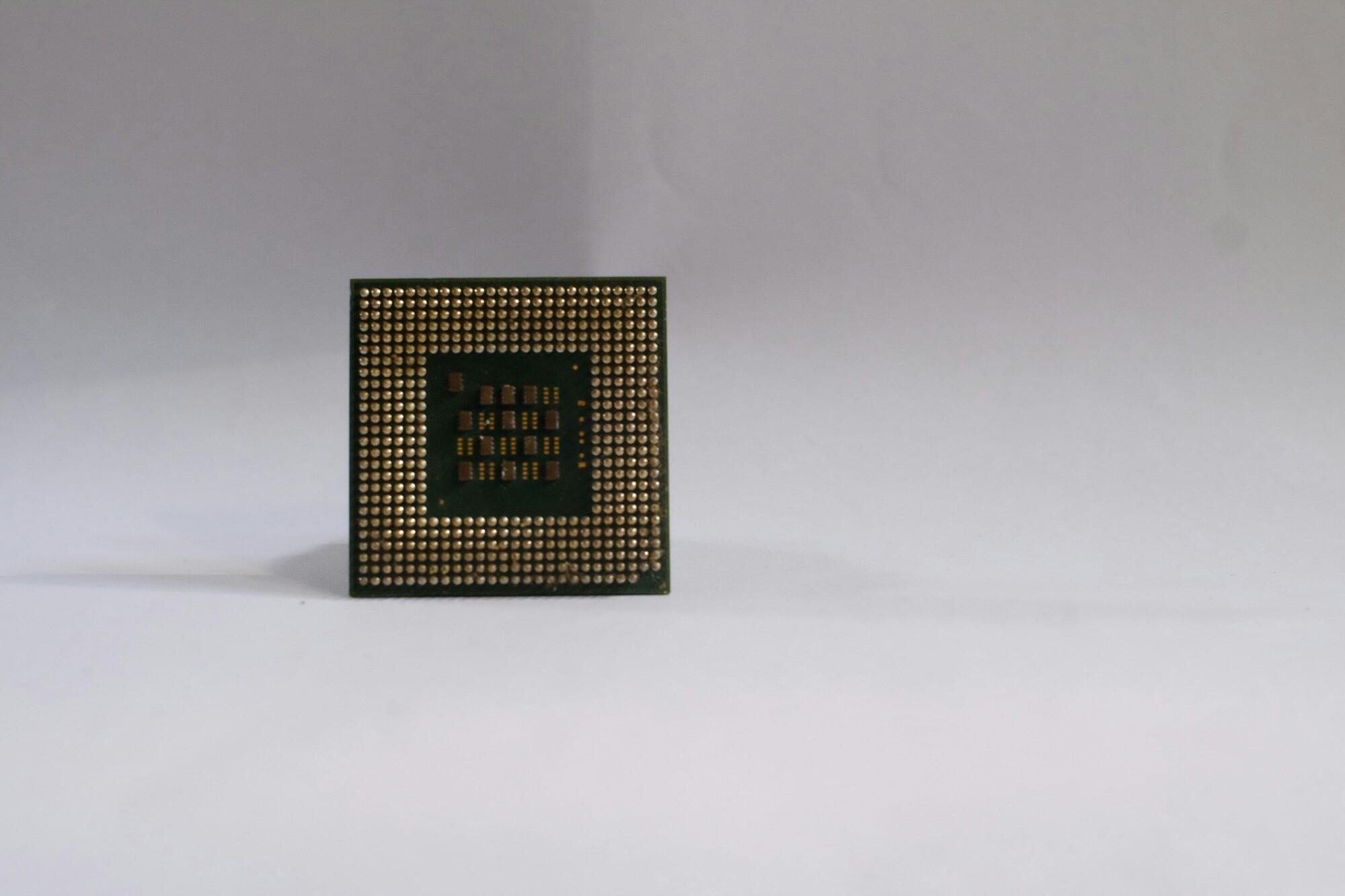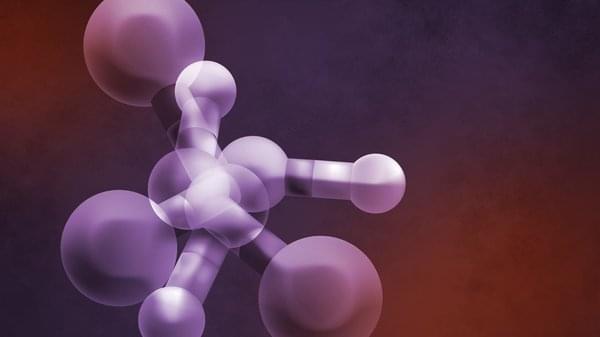A new nanostructure acts like a wire and switch that can, for the first time, control and direct the flow of quantum quasiparticles called excitons at room temperature.
The transistor-like switch developed by University of Michigan engineers could speed up information transfer or even enable circuits that run on excitons instead of electricity—paving the way for a new class of devices.
Because they have no electrical charge, excitons have the potential to move quantum information without the losses that come with moving electrically charged particles like electrons. These losses drive cell phones and computers to generate heat during use.
